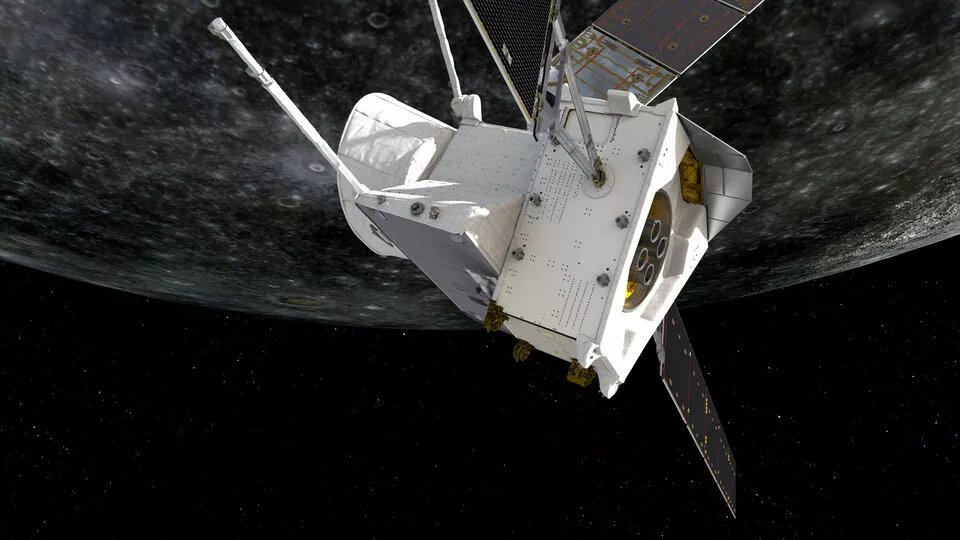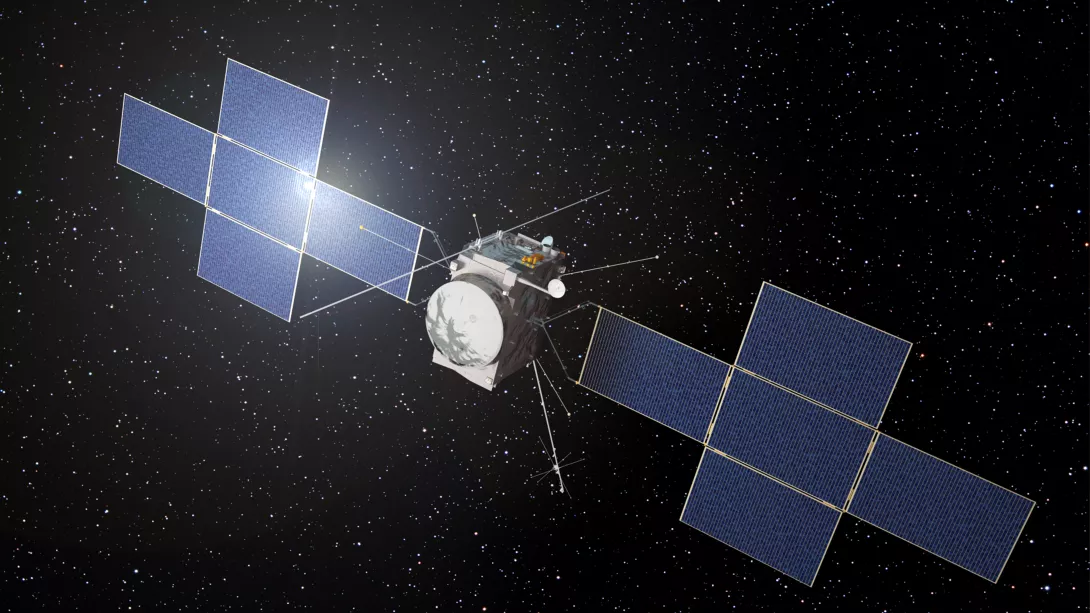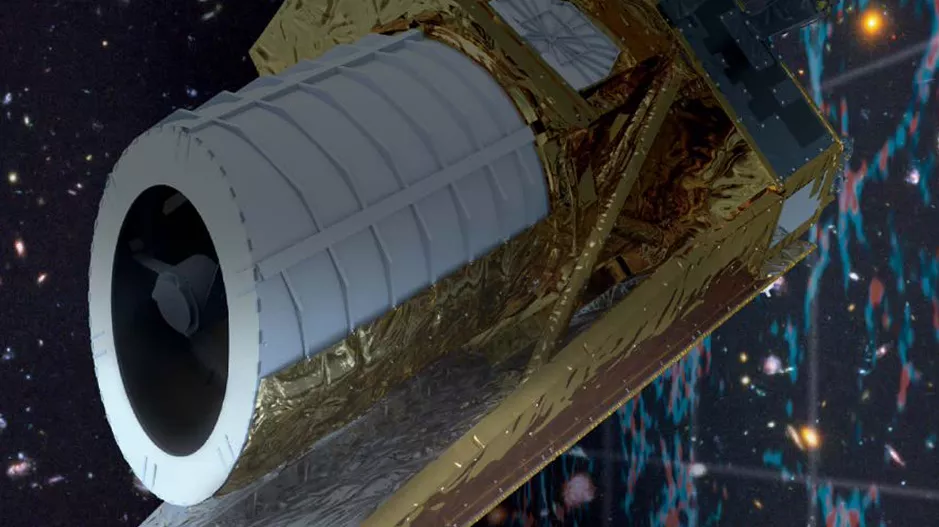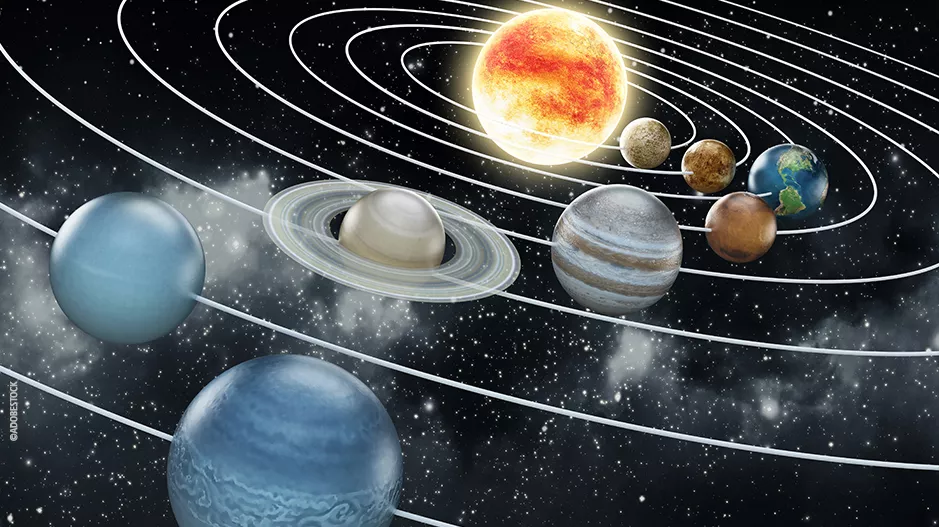
Researchers in the SPACE research cluster of the naXys Institute are working on modelling the Universe on different scales: space debris, the solar system, extrasolar systems, right up to the large-scale structures of the Universe. They focus on the non-linear interactions and chaotic dynamics of these physical and mathematical objects, sharing the tools of celestial mechanics, cosmology, general relativity and modified gravity.
The Complex Planetary Systems International Conference (CPSII)
The huge number of observations available (on the ground and in space) and their accuracy, together with the power and computing speed of today's computers, have dramatically changed the nature of dynamical models, particularly for studies of the evolution of planets.
Indeed, any phenomenon, any planetary system, now appears to be much more complex than it was originally when it involves several celestial bodies. Consequently, it cannot be described by a simple dynamic model. To provide a complete understanding of the overall behaviour of the real system, several levels of modelling must be taken into account at the same time.
Unravelling the complexity of such systems, understanding the underlying phenomena and building a model capable of reproducing observations realistically, requires collaboration and interdisciplinarity between researchers from very different fields.
Celestial mechanics has clearly evolved in this direction over the last decade. For its second edition, following the success of Complex Planetary Sytems (CPSI) in 2014, the CPSII conference, organised by Porfesseurs Anne-Sophie Libert and Anne Lemaître, aims to present the latest discoveries obtained in this perspective and to generate new collaborations between different disciplines for the future. Any astronomer involved in planetary systems, at whatever level, is invited to participate and offer their own expertise in the complex challenges ahead.
The main themes are the formation of planetary systems; the long-term evolution and stability of planetary systems; exoplanets, climate and interiors; the dynamics of resonances and observations; the dynamics of small bodies; orbit propagation methods; the rotation of planets and satellites and the dynamics of space debris.
A Belgian and international programme in the heart of Namur
The scientific programme includes lectures by prestigious speakers, some sixty presentations by young researchers selected on the basis of the quality of their abstracts, poster sessions, as well as more entertaining activities reserved for registered participants, including a welcome reception on the river Meuse, a guided tour of the Citadelle of Namur, a gala dinner, and a visit to the UNamur Antoine Thomas Observatory.
A Kavli label and the support of the International Astronomical Union (IAU)
This scientific event benefits from a label and funding from the Kavli Foundation and the support of the International Astronomical Union (IAU). This label rewards the CPSII conference for its interdisciplinarity and the quality and diversity of its scientific programme, which in particular encourages the participation of young researchers in the field.
Activities open to the public
In addition to the conference, there will be a number of activities open to the general public.
Tuesday 4 and Thursday 6/07/2023 from 2.40pm: round tables
Two round tables (in English) on space awareness and habitability.
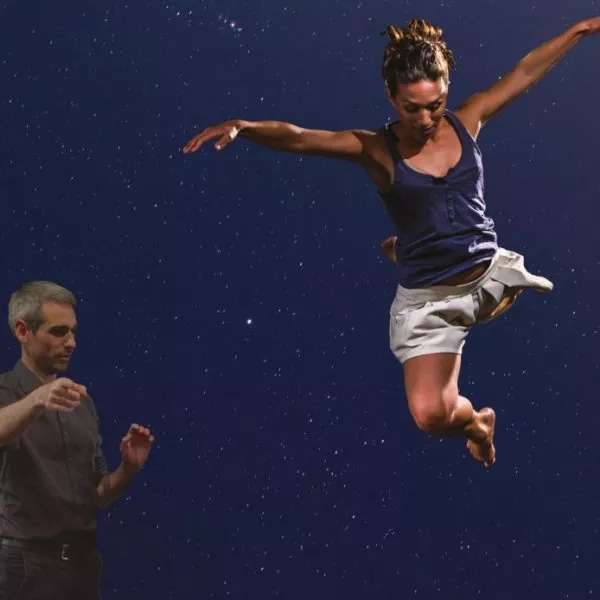
Wednesday 5/07/2023 at 8.30pm at the Delta: Vera Rubin show
Show performed in French with English subtitles. The VERA show retraces the history and scientific work of Vera C. Rubin (1928-2016), the first woman to obtain permission to observe space at the Palomar Observatory (San Diego, California). (€11)
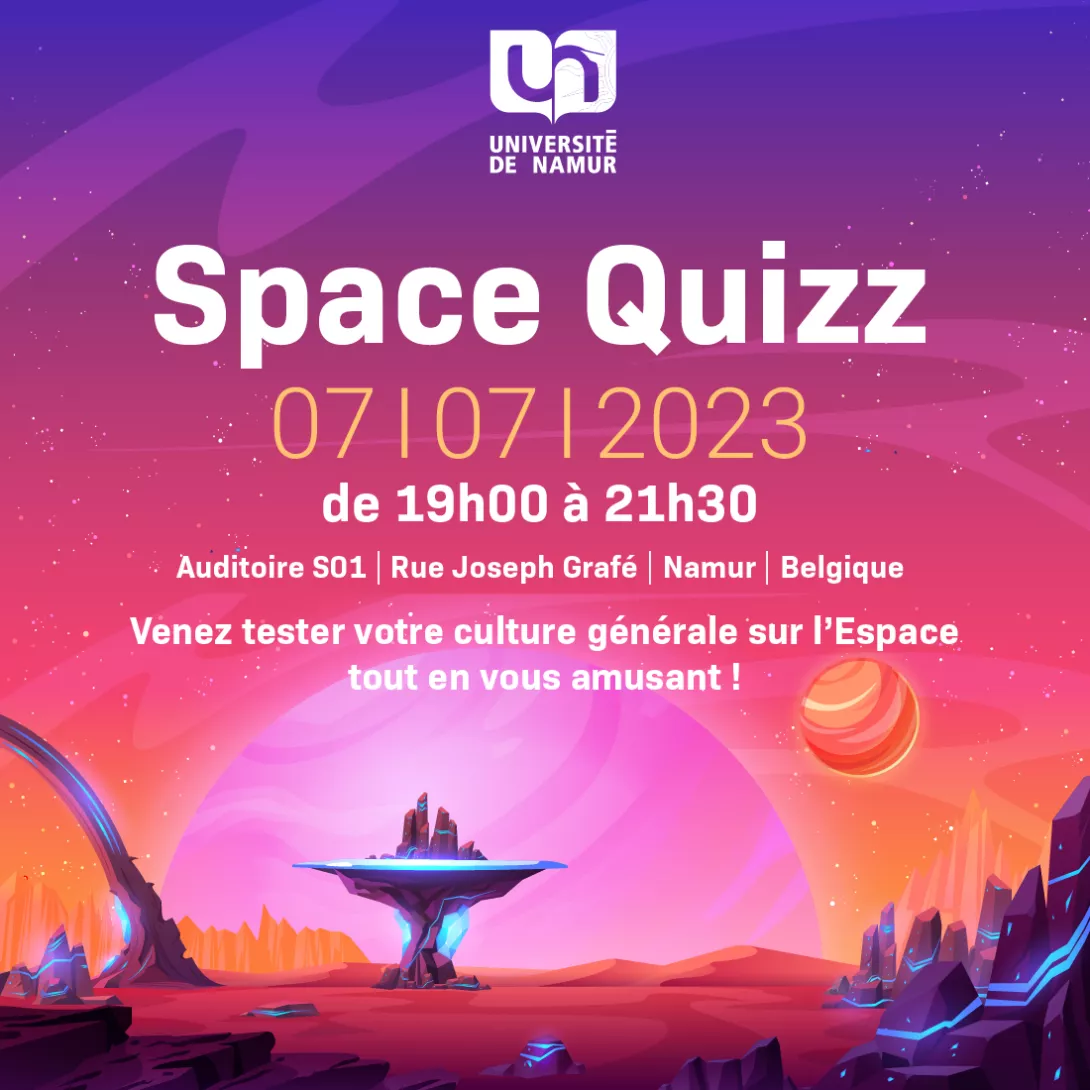
Friday 07/07/2023 at 7pm at UNamur: Space Quizz
Come and test your general knowledge of Space while having fun! The quiz is open to everyone aged 12 and over. The game will be played by teams of a maximum of 4 people (€10/team with one free drink per person).
More information and registration
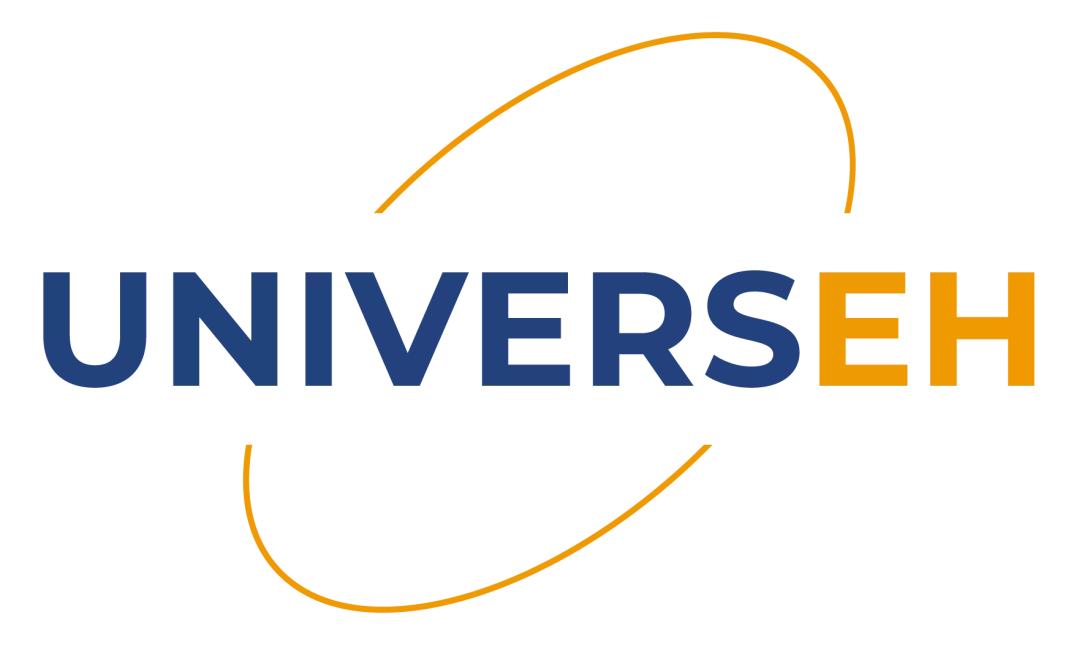
UniversEH: new opportunities in the space sector
Since December 2022, UNamur is part of the European Space University for Earth and Humanity (UniversEH) alliance, which focuses on space.
This is genuine recognition of UNamur's expertise in the field of space, and a gateway to new international collaboration in both teaching and research, in a field that is generating employment and socio-economic development.
